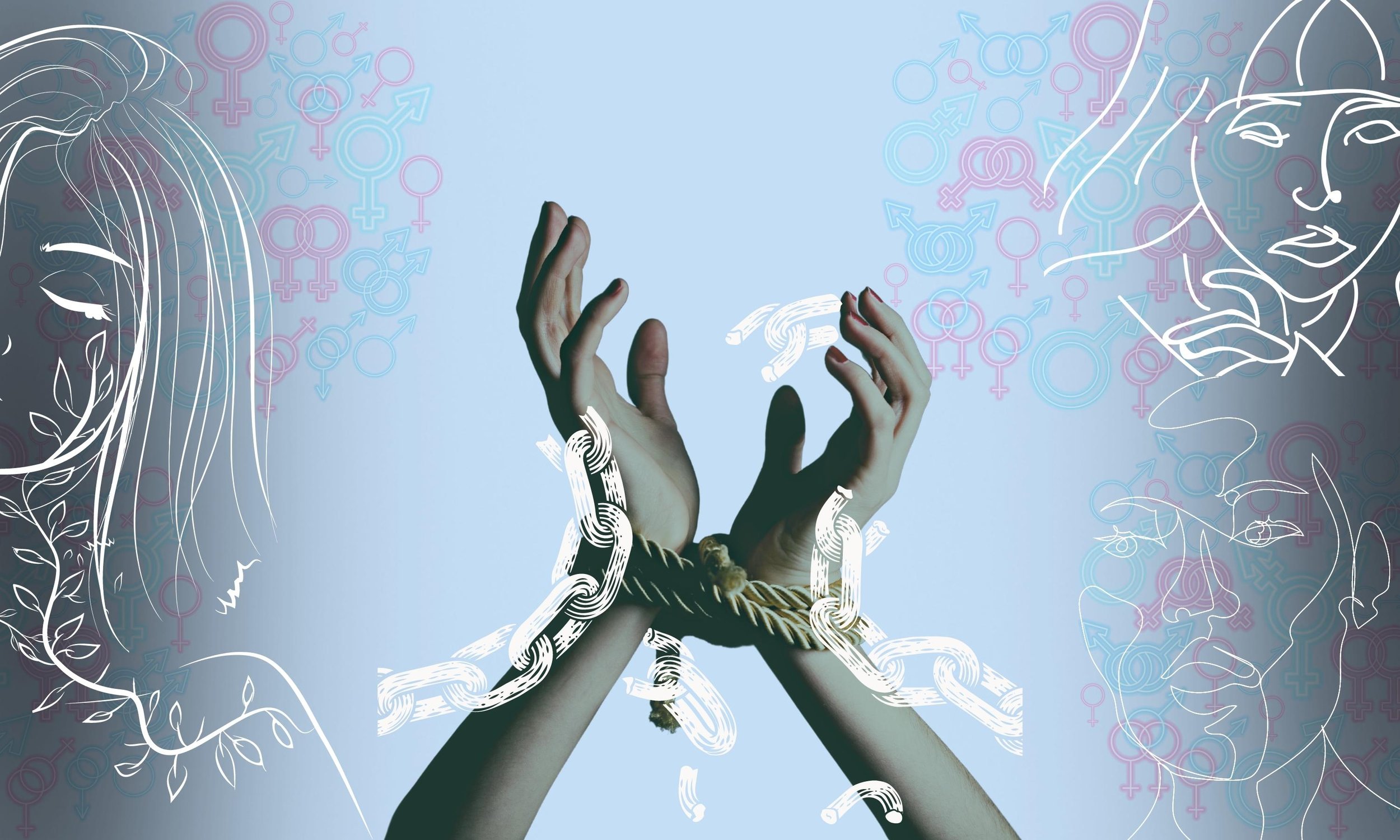Sex Work Is Not Sex Trafficking
Sex work can exist without human rights violations: legalize it, regulate it!
What’s the link between sex work and human trafficking? The Human Rights Watch states, “laws that clearly distinguish between sex work and crimes, like human trafficking and sexual exploitation of children, help protect both sex workers and crime victims.” Making this distinction can save lives.
Legalizing and regulating sex work would provide resources and security for workers while making it easier to identify and prosecute human traffickers.
“Criminalization only makes sex workers more vulnerable to violence, including rape, assault, and murder, by attackers who see sex workers as easy targets because they are stigmatized and unlikely to receive help from the police. Criminalization may also force sex workers to work in unsafe locations to avoid the police.”
— “Why Sex Work Should Be Decriminalized”, Human Rights Watch
How is “Human Trafficking” defined?
The United Nations defines human trafficking as “the recruitment, transportation, transfer, harboring or receipt of people through force, fraud or deception, with the aim of exploiting them for profit” and the Human Trafficking Hotline website as “a form of modern-day slavery in which traffickers use force, fraud, or coercion to control victims for the purpose of engaging in commercial sex acts or labor services against his/her will.”
So, how does it happen? Nina Luo at Data for Progress notes, the “majority of trafficking victims are not in the sex industry.” Immigration and economic status often play a role. The United Nations Office on Drugs and Crime considers these to be factors that make people more vulnerable to trafficking:
❗ Disempowerment
❗ Social exclusion
❗ Economic vulnerability
❗ Natural disasters
❗ Conflict and political turmoil
❗ The allure of opportunity
❗ The relentless demand for inexpensive goods and services
❗ Expectation of reliable income
Being dragged into human trafficking can happen to anyone. You may not be looking for a sex-related job. You might just be on your morning walk.
Sex work should NOT equate to human trafficking. The latter clearly entails human rights violations.
The Global Alliance Against Traffic in Women (GAATW) is an Alliance of more than 80 non-governmental organizations from Africa, Asia, Europe, LAC and North America. These organizations promote and defend human rights “of all migrants and their families against the threat of an increasingly globalised labour market and calls for safety standards for migrant workers in the process of migration and in the formal and informal work sectors—garment and food processing, agriculture and farming, domestic work, sex work—where slavery-like conditions and practices exist.”
How to break the so common association between Sex Work and Human Trafficking?
Legalizing and regulating sex work. This could drastically reduce the stigma and improve the relationship with law enforcement, allowing workers to report crimes without fear and fight for their rights legislatively.
According to the ACLU, decriminalizing sex work would:
📌Reduce police violence against sex workers.
📌Make sex workers less vulnerable to violence from clients.
📌Allow sex workers to protect their own health.
📌Advance equality for the LGBTQ community.
📌Reduce mass incarceration and racial disparities in the criminal justice system.

